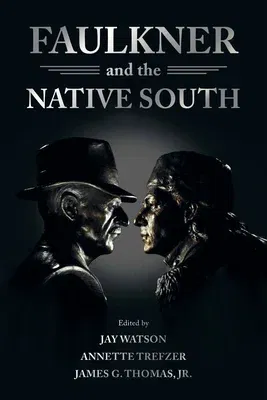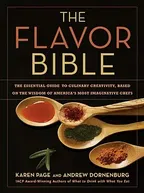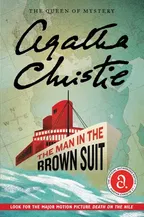Contributions by Eric Gary Anderson, Melanie R. Anderson, Jodi A. Byrd,
Gina Caison, Robbie Ethridge, Patricia Galloway, LeAnne Howe, John
Wharton Lowe, Katherine M. B. Osburn, Melanie Benson Taylor, Annette
Trefzer, and Jay Watson
From new insights into the Chickasaw sources and far-reaching
implications of Faulkner's fictional place-name "Yoknapatawpha," to
discussions that reveal the potential for indigenous land-, family-, and
story-based methodologies to deepen understanding of Faulkner's fiction
(including but not limited to the novels and stories he devoted
explicitly to Native American topics), the eleven essays of this volume
advance the critical analysis of Faulkner's Native South and the Native
South's Faulkner. Critics push beyond assessments of the historical
accuracy of his Native representations and the colonial hybridity of his
Indian characters. Essayists turn instead to indigenous intellectual
culture for new models, problems, and questions to bring to Faulkner
studies. Along the way, readers are treated to illuminating comparisons
between Faulkner's writings and the work of a number of Native American
authors, filmmakers, tribal leaders, and historical figures.
Faulkner and the Native South brings together Native and non-Native
scholars in a stimulating and often surprising critical dialogue about
the indigenous wellsprings of Faulkner's creative energies and about
Faulkner's own complicated presence in Native American literary history.














